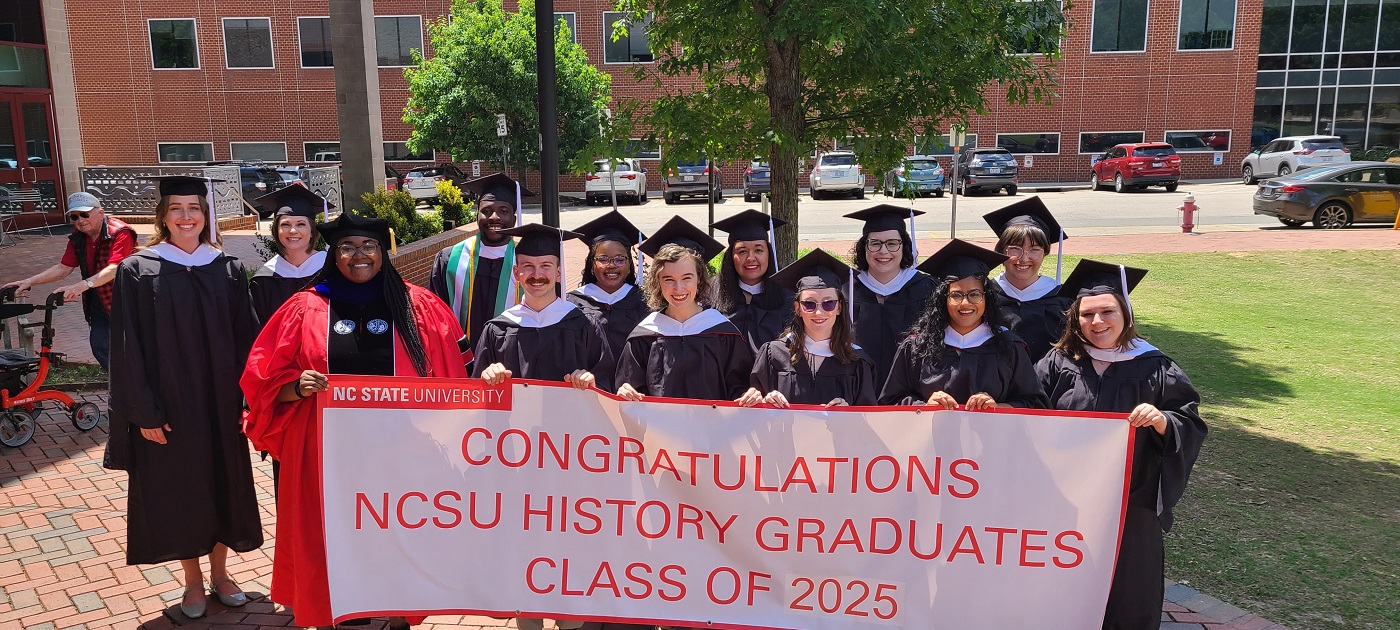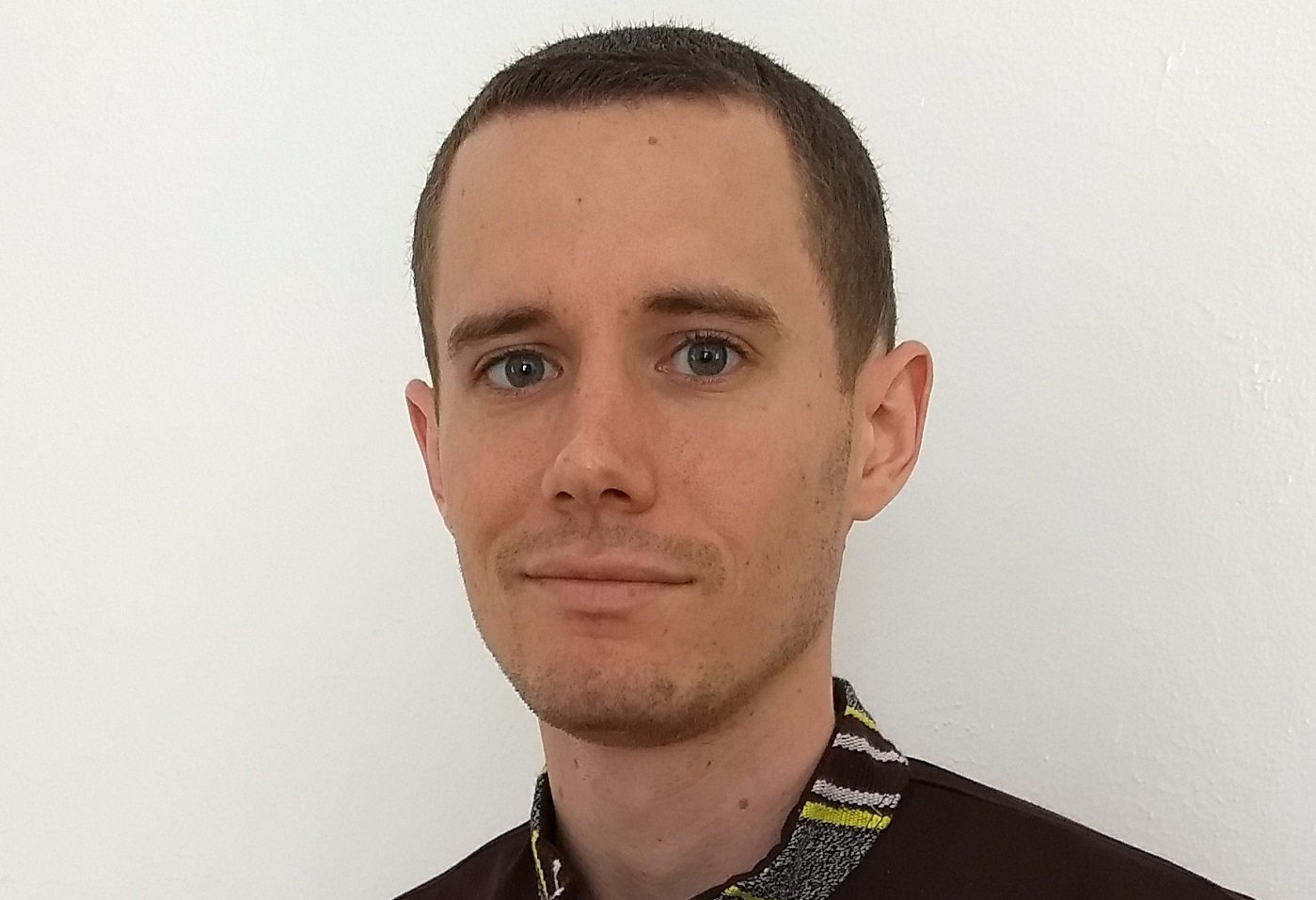ACIS West: The Importance of Community
“In the name of God and of the dead generations from which she receives her old tradition of nationhood, Ireland, through us, summons her children to her flag and strikes for her freedom.”
– Irish Provisional Government, Opening line of the Proclamation of the Irish Republic, 1916
 This last week I had the opportunity to attend a very specialized conference: The American Conference on Irish Studies (ACIS) West in Portland, Oregon. I was given the privilege of presenting a paper on the preliminary research for my dissertation: examining the presentation of Irishness through annual festivals, parades and games. There were speakers, panelists, students, and experts there that came from all over the world to celebrate the study of Irish heritage.
This last week I had the opportunity to attend a very specialized conference: The American Conference on Irish Studies (ACIS) West in Portland, Oregon. I was given the privilege of presenting a paper on the preliminary research for my dissertation: examining the presentation of Irishness through annual festivals, parades and games. There were speakers, panelists, students, and experts there that came from all over the world to celebrate the study of Irish heritage.
While I found the airing of my research and the ideas for my dissertation an invaluable experience, the most important aspect was the joining of a community of like-minded scholars who can help guide me in my endeavors. Conferences are an important aspect of academia; they provide networking opportunities, support systems, feedback from leading scholars, and experience facing the fire from fellow academicians.
The ACIS West conference was all that and more. North Carolina State provides a wonderful home for those of us who want to be part of a cadre of world-renowned academics and cutting-edge research and scholarship. ACIS provides the far more specialized and topic-oriented assistance that can be so helpful. The history and public history departments provide a vast array of experts and a top level of fellow students to air ideas and test theories. Conferences like ACIS that include scholars from my field of research, Irish Studies, that also cross cultural, geographic, and disciplinary boundaries in new ways.
I arrived with a paper in my hand, eager to share my particular take on Irish heritage, from the point of view of a budding public historian. I found that not only did I receive feedback and ideas from literary scholars, dramatists, poets, archaeologists, political scientists and historians, but I was able to give them a glimpse of what public history is and how it can contribute to our understanding of Irish and Celtic identity, how it forms and lives, both in the past and the present. I was able to share my deeply held belief that it is through public history that the importance of heritage and culture will be advanced and appreciated.
To paraphrase Keynote speaker, and historian John Borgonovo, “Irish studies is a part of a larger theme of immigrant culture. In an age of xenophobia, hatred, and fear, the Irish experience can provide a touchstone for other cultures struggling to assimilate into a new society.” History and the humanities, social sciences and arts are under attack right now; funding chipped away, and relevance questioned. One important result of my experience with this conference is to realize the crucial nature of communicating not only the relevance of history and public history, and of my work particularly for immigrant groups, but how crucial this education is in maintaining a just society of tolerant, accepting and cosmopolitan citizens.
Specialized conferences such as this one form their own community partnerships, inviting those from disparate parts of the world, from a multitude of disciplines to join together to examine new research, ongoing problems and ask new questions for the advancement of all.
Learn more about Holly Smith on her PhD student profile page.
- Categories:


